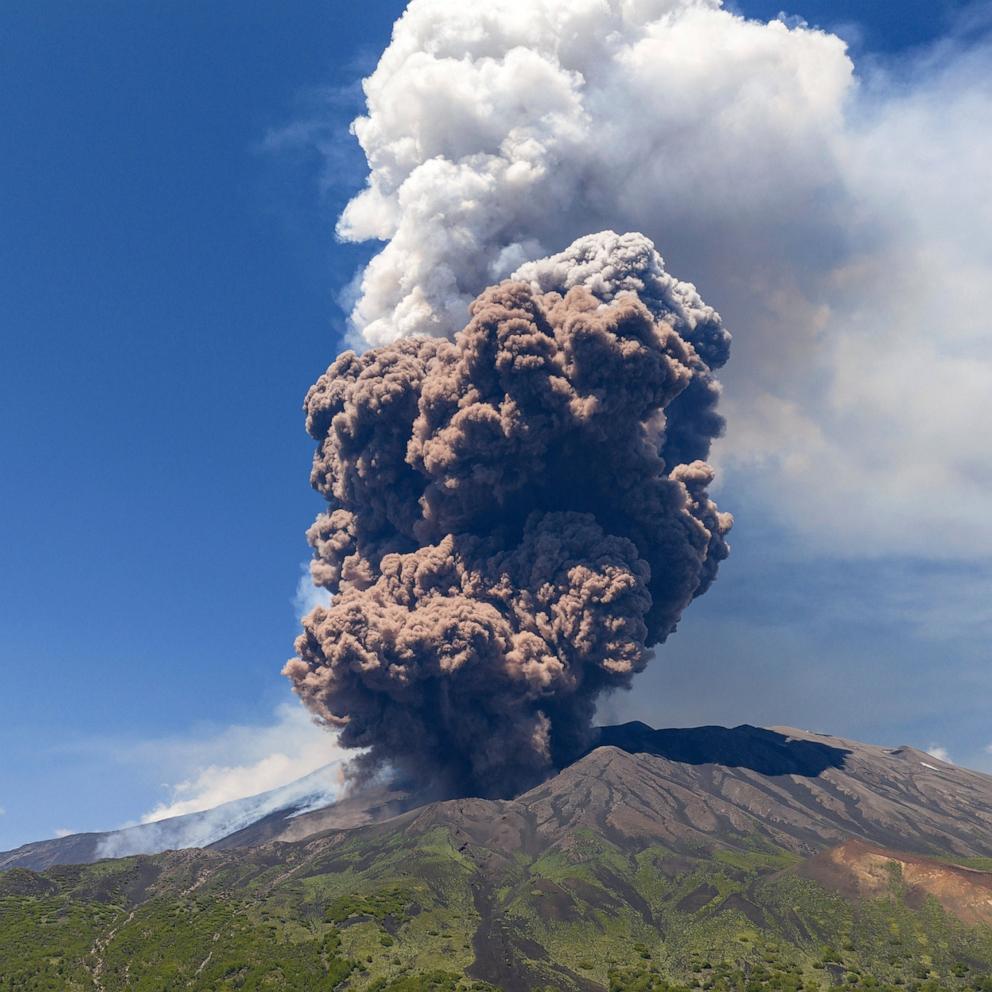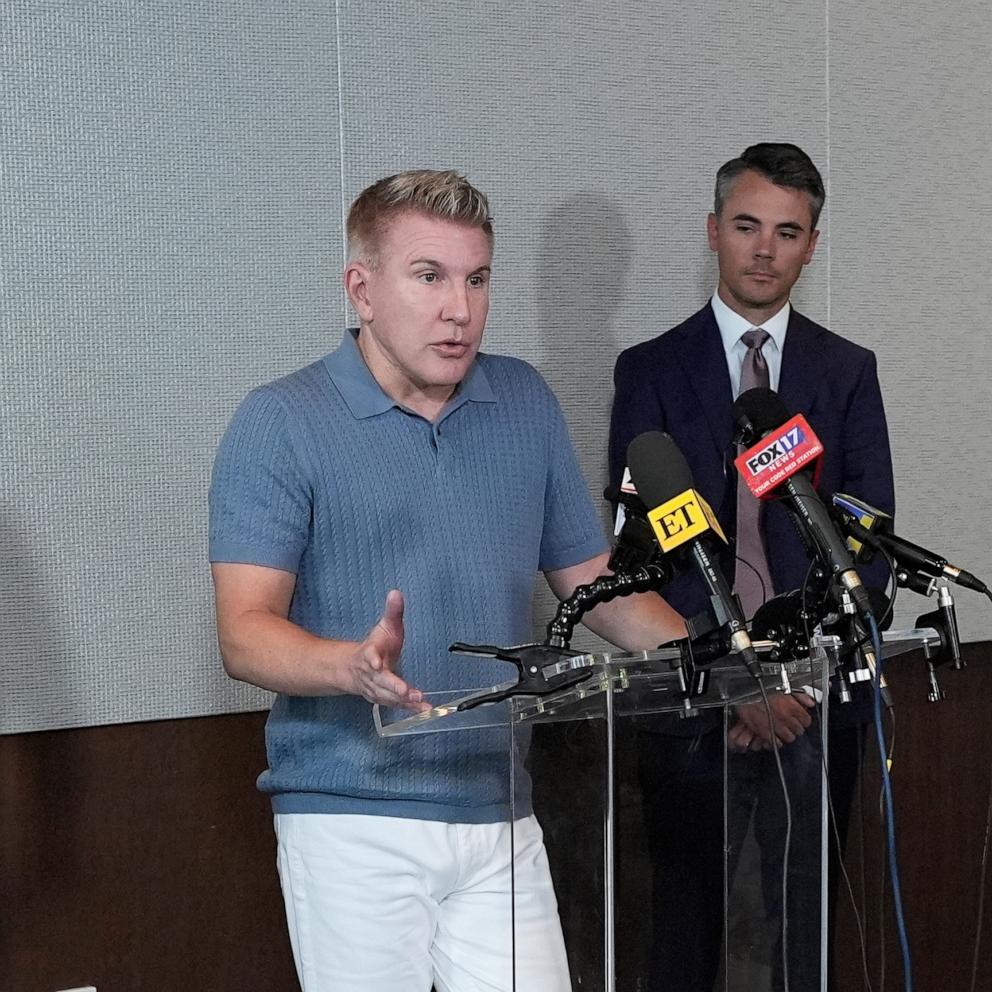UN accuses Venezuela of crimes against humanity in post-election violence
The United Nations has accused the government of Nicolas Maduro of committing crimes against humanity during its violent crackdown after fraudulent elections this summer -- a wave of violence that led to a growing new wave of exodus from Venezuela.
In a new, 161-page report, the U.N.'s fact-finding mission details specific incidents of killings, forced disappearances, sexual assault and gender-based violence, and physical, psychological and sexual torture.
"The reactivation of the most violent mechanisms of the State's repressive apparatus led to serious human rights violations and crimes, in what constituted one of the country's most acute crises in recent years," the report concluded -- adding the violence was "instigated by the highest civilian and military echelons of the state, including President Maduro."
In particular, the U.N. mission confirmed at least 25 killings, including two minors -- all but one of whom were killed by gunfire. While it continues to investigate each case, it concluded that a third were killed by Maduro's security forces or government-backed groups.

Along with the arrests and forced disappearances of thousands of Venezuelans, it appeared many of the killings were intentional, but seemingly random -- targeting young men and working-class neighborhoods to create a climate of fear: "Most... were not politicians or persons with a known public profile," the report said.
Perhaps even more alarming, the report said, was the detention of minors -- 158 in total, 130 boys and 28 girls -- a "new phenomenon of particular report," the mission said.
In brutal detail, the report tells the story of some of those children -- a 16 year-old boy left with two broken teeth and an immobilized left hand;" another 16-year old boy beaten and held for a week, with police warning his family only if they "stayed quiet" would he be released; and two girls, ages 16 and 17, stripped naked, groped, and detained by security forces.
These are "just a sample of a much larger universe" of crimes, the mission said -- one that extends long before the post-election crackdown and continues to this day.
"The authorities intensified and accelerated the harshest and most violent form of repression in order to silence political opponents or persons perceived as such," the mission said. "The repression by State and private actors with the acquiescence of the State, which continues today, has resulted in a generalized climate of fear among the population."

That climate of fear has had a direct impact on the rest of the region, particularly because in the weeks since, Venezuelans have started fleeing their country again by the thousands.
September saw a roughly 50% increase in the number of migrants transiting Panama's Darien Gap, driven almost entirely by Venezuelans, who made up roughly four out of five migrants. In actual terms, 25,111 migrants transited in September, and 19,800 of them were Venezuelan, per Panamanian government data.
That total is up from 16,603 in August -- a steady decline after Panama's new president, backed by the U.S., has tried to crack down on transit through the dangerous jungle. That policy, including U.S.-funded deportation flights, has proven successful in the eyes of some U.S. officials, but the numbers are increasing again anyway -- proof to some aid groups that despite deterrents, those desperate for safety and security will still leave their homes behind for a better life.




